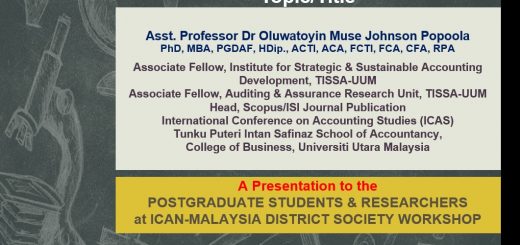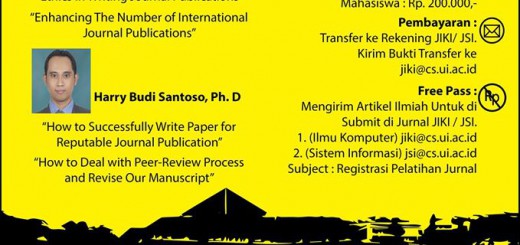Istilah “Variabel” dalam Riset Kualitatif?

“Qualitative research is based on the epistemological assumption that social phenomena are so complex and interwoven that they cannot be reduced to isolated variables, so it is not appropriate to use the term variable when defining qualitative research.” (Yilmaz, 2013, p. 311)
“reality, as it is lived by the subjects of research, is not fragmentable into variables and processes, but is rather experienced holistically and mediated heavily by values, attitudes, beliefs, and the meanings which persons ascribe to their experiences, and as a result, inquirers must approach human subjects and human phenomena holistically rather than in piecemeal fashion;” (Guba & Lincoln, 1982, p.249)
“Let’s stay away from quantitative language that might mislead readers
• What is not included in this statement:
– Not a comparison
– Not relating variables
– Not proving hypotheses
– Not measuring variables”
(Creswell & Clark, 2004)
Riset kualitatif tidak menggunakan hipotesis.
 (Trice & Bloom, 2014)
(Trice & Bloom, 2014)
Jika tidak menggunakan istilah variabel, istilah apa yang digunakan?
In his book, Educational Research, John W. Creswell suggests that in qualitative research variables are called constructs. And these, of course, have different implications and not to be loosely interchangeable. He notes that “a construct is an attribute or characteristic expressed in an abstract, general way; a variable is an attribute or characteristic stated in a specific, applied way. For example, student achievement is a construct, while the more specific term grade point average is a variable.” (p. 115). https://www.researchgate.net/…/Can_I_use_these_two…
I would say “concepts” or “categories” rather than “variables” are the concern in qualitative research – with an emphasis on exploring social relationships/social organization, social processes, phenomena, experiences, meaning for different units of analysis and so on (depending upon the particular question and qualitative approach). https://www.researchgate.net/…/What_is_the_relationship…



